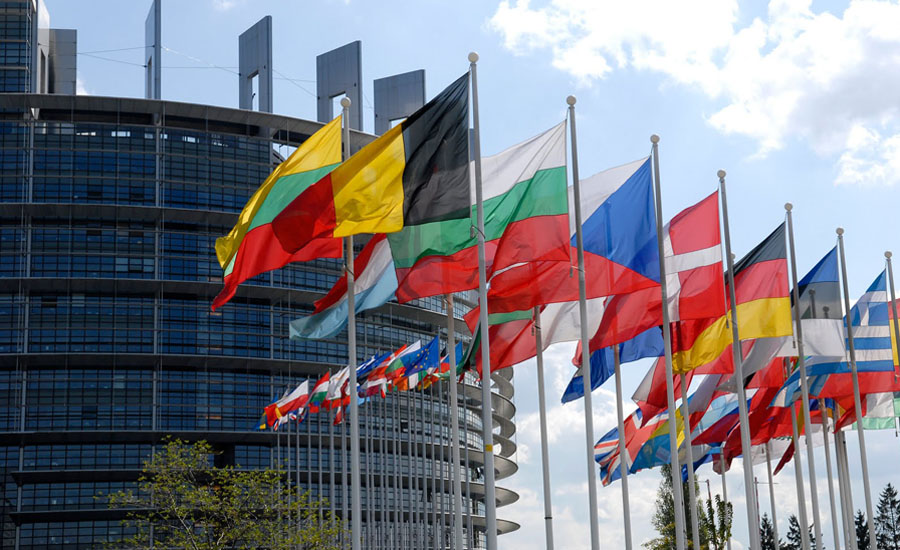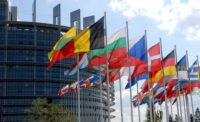A new report by EUROGIP presents an analysis of the extent to which occupational cancers are recognised in nine European countries: Austria, Belgium, Denmark, Finland, France, Germany, Italy, Sweden and Switzerland. It also looks at the schemes for identifying occupational cancers, especially via monitoring the health of people exposed to carcinogens in the course of their working careers.
The report looks at how the data has developed between 2005 and 2016. From an overall perspective, little progress has been made. Occupational cancers remain greatly under-recognised, weighing heavily on all prevention efforts. Austria and Germany are the only two countries where any real progress can be seen over this 12-year period. In the case of Germany, the progress is mainly in the field of skin cancers, which account for 39% of occupational cancers recognised in 2016. However, these do not feature at all in the figures for Austria and Sweden and only to a very low degree in those of France and Switzerland. In certain countries, the number of cancer cases recognised as occupational diseases has even gone down (Italy and Sweden), despite better knowledge of the links between cancer and occupational exposure.
Looking at the data from an overall perspective, we see three distinct groups of countries. In two countries, the number of recognised cases of occupational cancers per 100,000 insured persons is higher than 10 (Germany: 15.1 and France: 11.39). In a further two countries, the number is between 5 and 10 (Denmark and Italy), while in the remaining five it is below 5. The most dramatic situation is to be found in Sweden, where the number is just 0.5 or, in relation to the whole Swedish working population, just 27 cases in 2016.
Although in the majority of European countries possibilities exist to have occupational diseases recognised that are not on a closed list, this procedure is slowly becoming an impossible task in the case of cancers. With less than 1% of recognised cancers not featured in closed lists, there is a dire need for a major revision of the existing lists.
The majority of occupational cancers are not even reported. In the view of ETUI researcher Laurent Vogel, "restrictive recognition practices act as a major deterrent, discouraging the majority of victims from embarking on a complicated administrative and judicial battle with an uncertain outcome. The situation is compounded by social inequalities, with women, workers in precarious employment and people with problems accessing the legal system the ones most often having to renounce the compensation offered by occupational disease insurance systems. One major shortcoming of the report is that no distinction is made between men and women, despite many other studies highlighting the fact that women are more likely than men not to have their occupational cancers recognised. Such discrimination is tantamount to denial, with the word “woman” only appearing once in the report – in parentheses, stating that housewives don't get occupational cancer.
The report also reviews the health-monitoring schemes available after the work associated with the exposure has ended. Currently, no country in Europe does any systematic monitoring. Where monitoring does exist, it is only for certain carcinogens and for certain types of cancer. Germany is the country with the widest-based system, with schemes covering nine different exposure categories. In Denmark, data is systematically exchanged between the cancer registry and the occupational disease compensation body, for instance ensuring better recognition of mesothelioma (one of the cancers caused by asbestos). By contrast, for cancers of the nasal cavity (related to wood dust), the vast majority of files from the cancer register are subsequently rejected by the compensation organisation. In France, a programme for identifying work-related bladder cancers has produced significant results, with 231 cases recognised in 2016, against just 31 in 2007.
EUROGIP is a French organisation tasked with investigating issues relating to insurance and prevention of accidents at work and occupational diseases at European and international levels. It was set up in 1991 by the French health insurance fund CNAM and the French National Research and Safety Institute for the Prevention of Occupational Accidents and Diseases (INRS).








